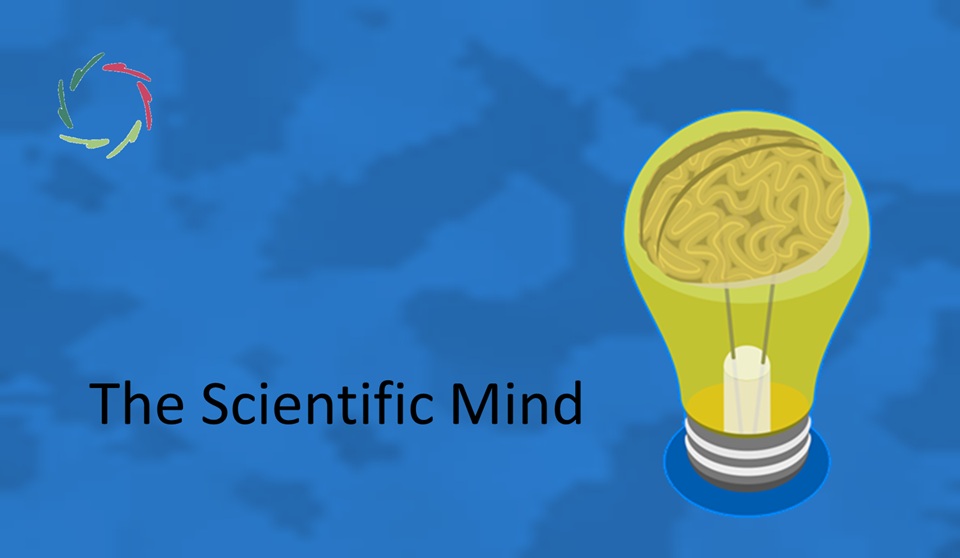Are You Your Brain?

There is no simple answer to this question – but there is a very interesting one.
Take the Mona Lisa by Leonardo Da Vinci. Let’s agree this is art. Now set it on fire. What remains are ashes. Yet nothing materially has vanished. The same atoms are present as there were in the Mona Lisa. Nothing has been taken away. Nothing has been added. Yet the art has gone.
So can we reduce the Mona Lisa in full glory to ‘only matter’? In a way, yes, and at the same time, certainly not.
Looking at the Mona Lisa as a normal spectator, you are looking at the art. The art is what interests you. The art makes it worthwhile. If you look at it as purely matter, you lose everything that matters…
And so it is with you yourself. If you look at yourself as purely matter, you lose everything that matters.
Modern brain visualization, such as fMRI, brings a further risk of reductionism, according to which “anything psychological can be reduced to something physical.”
So it’s important enough to keep Mona Lisa in mind. The essence lies in what you find most interesting: the atoms or the art. Reductionism implies: the atoms. That is not incorrect – nor is it correct. It’s a matter of interest.
Your brain is not just a lot of neurons. It’s also the configurations of these neurons – in an immense amount of patterns that continuously change over time. So there is an enormous amount of complexity. Abstracting away this complexity as unimportant, is downright deceptive.
As you may see at this point, this is also about whether ‘human mind’ may exist apart from ‘human body’…
We know the reductionist’s answer. There is indeed no proof for mind as such. No device can independently measure mind. Moreover, every change of the mind correlates with a change of the body. Every time you think a thought, your brain is changed.
In the Mona Lisa, the art and the atoms, including their configurations, are inextricably bound to each other. One does not exist apart from the other and vice versa. ‘Reducing away’ the art however, is meaningless. ‘Art’ and ‘matter’ are two ways of looking at the same painting. Likewise, ‘mind’ and ‘body’ are two ways of looking at the same human being. Neither one can rightfully be ‘reduced away’ to the other.
Therefore the idea that mind cannot exist apart from body, although it has huge consequences, is no reductionism.
I hugely value the art in Mona Lisa. I also hugely value the mind in human being. For this valuation however, there is no need for mind as a separate entity.
So are you your brain? Not if there is in this question any reduction of mind to brain.
So are you your brain? Yes.


